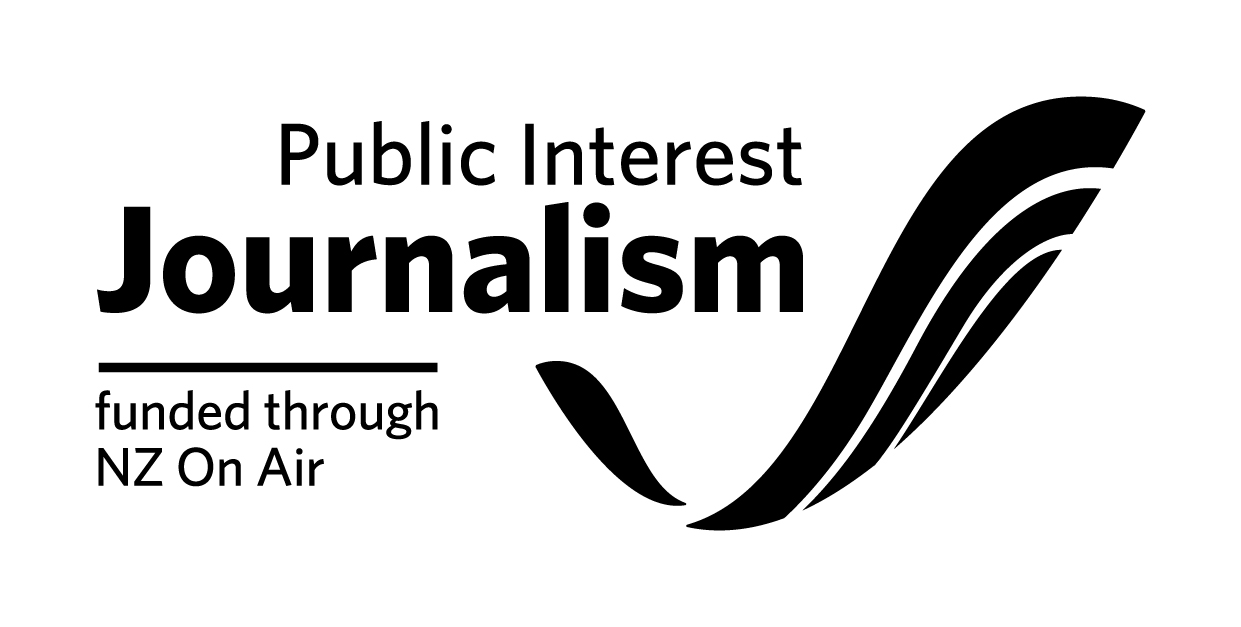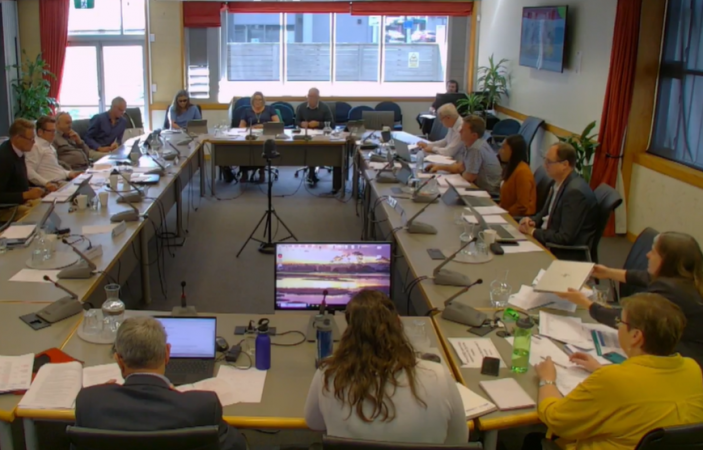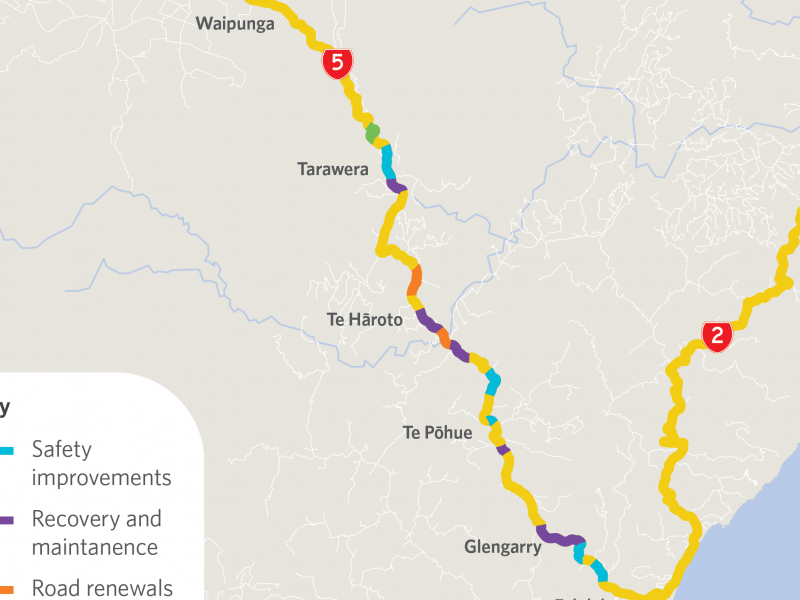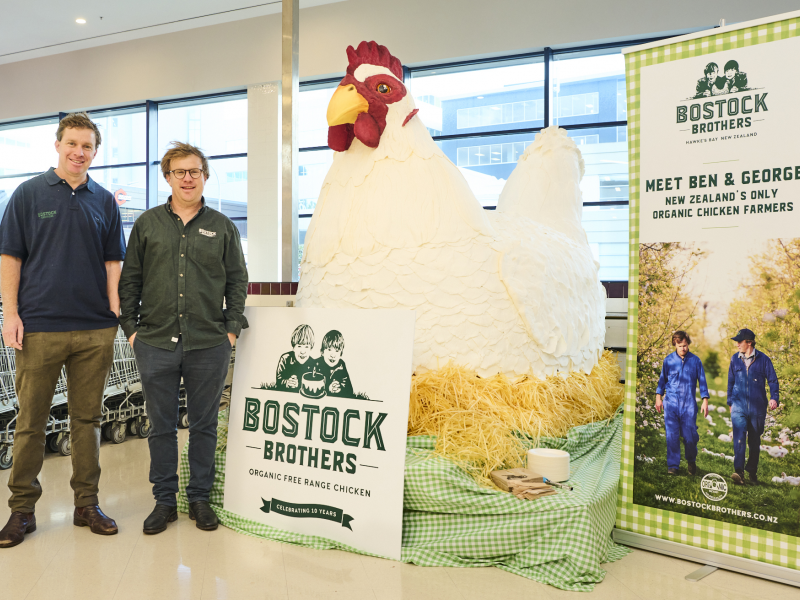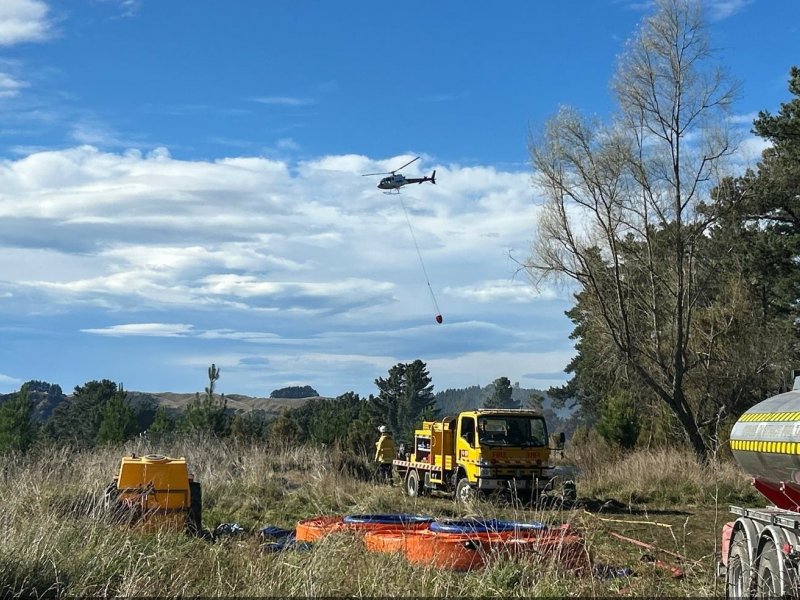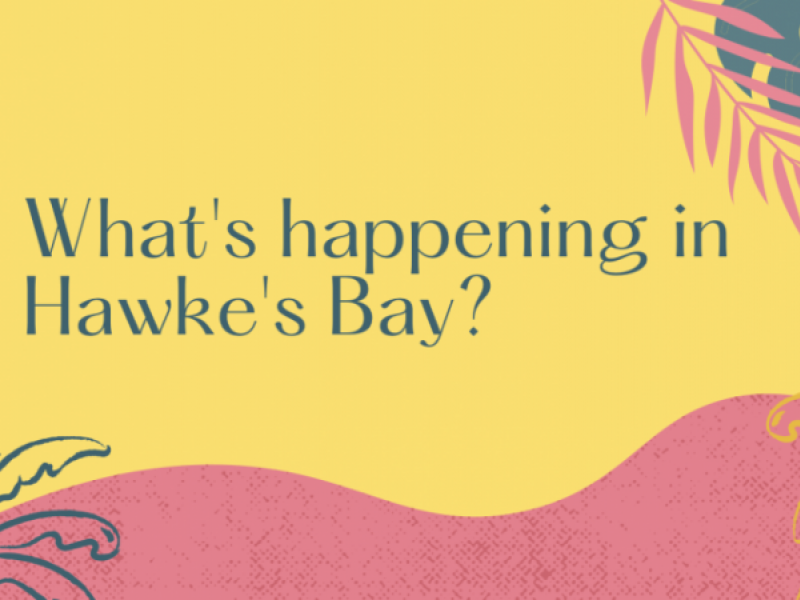Video: Regional Council votes to change rating system from land value to capital value despite opposition
The Hawke’s Bay Regional Council has, after a protracted debate today, to move its rating system from land value (LV) to capital value (CV).
Seven councillors - Chair Hinewai Ormsby, Jock Macintosh, Martin Williams, Thompson Hokianga, Neil Kirton, Di Roadley, Sophie Siers - voted for the proposal, while four councillors – Xan Harding, Will Foley, Jerf van Beek and Charles Lambert - opposed it.
The Regional Council has faced criticism over the consultation process, with questions raised about the timing of the review, which has coincided with the holiday period with the closing date for feedback being 28 January.
The HBRC asked for feedback on how the general rate is funded - moving from land value to capital value for the general rate.
While about 99 per cent of ratepayers did not give feedback, about 500 submissions were received with about 90 per cent opposing the change.
Hinewai Ormsby, has stood by the council’s process, claiming that some of the criticism had featured inaccurate numbers about a proposal to change how rates are assessed.
At the meeting today Ormsby thanks those who had submitted.
“The last few weeks hearing from submitters, and thank you all for your submissions. What I read from those things, most of all is the lack of understanding of what we were actually proposing.”
“And that could be largely due to the complexity, but also possibly our lack of engagement and having to do better in that sense on what we are proposing. It also meant that we as counsellors, were asking for more and more additional information as it came through.”
“For me it's been the deprivation index, not so much your ability to pay because of the capital value on the land. But also how it culminates with all the other changes that we've made and proposed. And for those three reasons, I'm going to have to oppose the land value status quo motion for the support of changing to capital value.”
Councillor Harding, who voted for the status quo, welcomed the debate that had been made.
“This is probably the hardest and, in some respects, most opaque decision that we have to make. There are deep questions of which values, there's not one set of values that you can adopt. It depends on the weighting of your judgment and the values that you choose to ascribe to. I have a huge sympathy for the general proposition that those with more capital on average can have more long-term affordability. But the devil is in the detail.”
“And when it comes down to the practicalities of those most disadvantaged, and as I spoke to before, the totality effect of what we have got agreement of that, I've landed on the side of staying with the status quo.”
Councillor Van Beek, who voted against the change, said this consultation process had exceeded others in the number of submitters.
“And if we are going to argue that 99% didn't, that's a reflection, as you said, Madam Chair, of the timing. We've talked about that long and wide. But also, the point that those who approved didn't submit. Well then, if we go back to the previous triennium where we had the Māori ward consultation, that was the opposite, and that was actually never raised as a point. So, I think it's relatively poor.”
“I apologise to our submitters and to the public that we once again have failed in a consultation process that I believe landed where the public wanted us to land, those who took the time and effort to submit.”
Councillor Jock Mackintosh, who voted for the capital value proposal, said: “Just a comment in respect to Councilor van Beek's comments. I have a great deal of sympathy for the extent to which people submitted and feel uncomfortable about that aspect of it, but am persuaded by the sheer fact of human nature being that if you're in favour of something, usually you don't respond.”
“You could say it's your fault and you'll get a bad outcome, but I do feel obligated to that sector as well. The final thing I would say is, a lot of what we've discussed is around affordability, and as we know, there are much bigger fish to fry in that regard when we come to deciding what our rate increase is going to be.”
Councillor Di Roadley, who voted for the proposal, said she was not sure that the affordability issue and the challenges around paying rates was “what's being discussed and decided on here”.
“That is actually our LTP discussion about how much goes into the buckets. This discussion is more about first principles and reflecting the work that we do. And whilst I absolutely hear that there is a cost of living and a cost of doing business crisis, this is not the place to fix that.”
“I'm just putting it on the table that we need to be very mindful of what we actually are deciding and whether those submitters were submitting to the process that we are doing now, or whether they got waylaid by the burden that they're facing of just living anywhere.”
